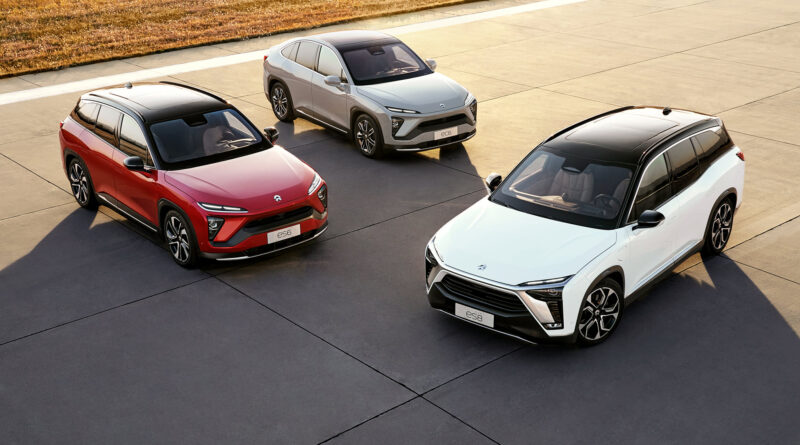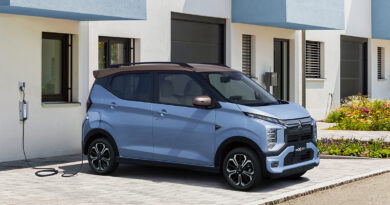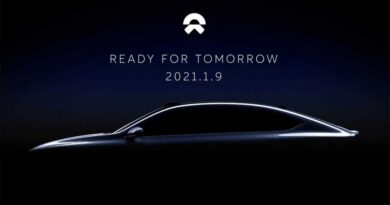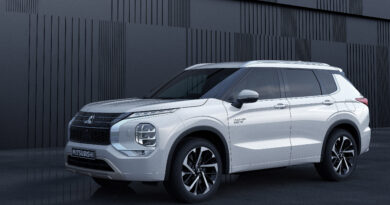China’s Nio plans rival for Volkswagen, Toyota and Tesla
The ambitious Chinese EV start-up Nio has declared its intention to attack global automotive giants Volkswagen and Toyota head-on – while beating Tesla at its own EV game along the way.
Little detail of the new brand has as yet been revealed, but it is a typically ambitious objective outlined by company founder William Li.
“The relationship between Nio and our new mass-market brand will be like that of Audi-Volkswagen and Lexus-Toyota,” Li said last week in China.
READ MORE: Nio ET7 aims high with EV luxury
READ MORE: EV without a battery: Chinese EV brand Nio launch battery leasing program
“We want to provide better product and service at prices lower than Teslas,” he said.
That’s a big call considering the sharp prices on Teslas, including the Model 3 Standard Range Plus and promised Model 2 that has a target price of US$25,000.
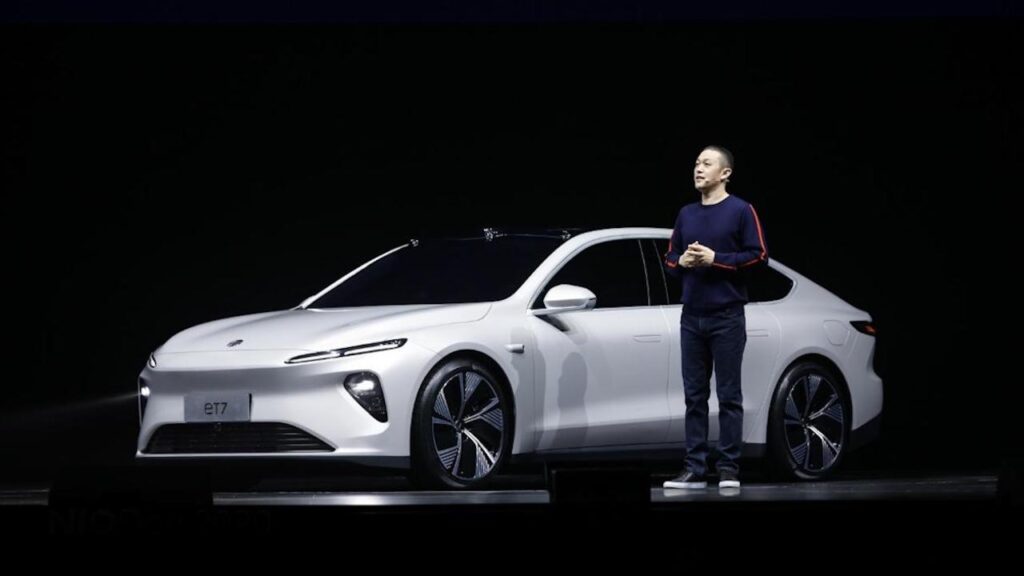
Li revealed a “core team” had been assembled as a “first step of a strategic initiative”.
Li made it clear in his remarks Nio’s new lower cost brand would not compete in the basement of Chinese EV market against the Wuling Hong Guang Mini EV, the popular micro electric car made by General Motors’ Chinese joint venture with SAIC Motor, which starts at just US$4500 ($6200).
Nio currently offers the EP9 electrified supercar and three SUVs. It will launch the ET7 sedan in 2022, along with two other new EVs on a new architecture.
It recently issued an official video of the ET7 winter testing in the south island of New Zealand.
Founded in late 2014 as NextEV with backing from tech giants Tencent and Baidu among others, Li changed its name to Nio in 2015 and soon established research and design subsidiaries in Germany and the USA.
It floated on the US stock market in 2018 and exported its first cars outside China to Norway in 2021.
It has also created a battery swapping service with 193 stations that covers thousands of kilometres of Chinese expressway.
It is currently embroiled in controversy in China about a road accident in which the driver of a NIO ES8 was killed while the SUV’s semi-autonomous mode was reportedly engaged. NIO’s stock has fallen on the back of the issue.
Nio has reported a 659.3 million yuan ($140 million) loss in the second quarter, 45.4 per cent narrower than a year earlier.
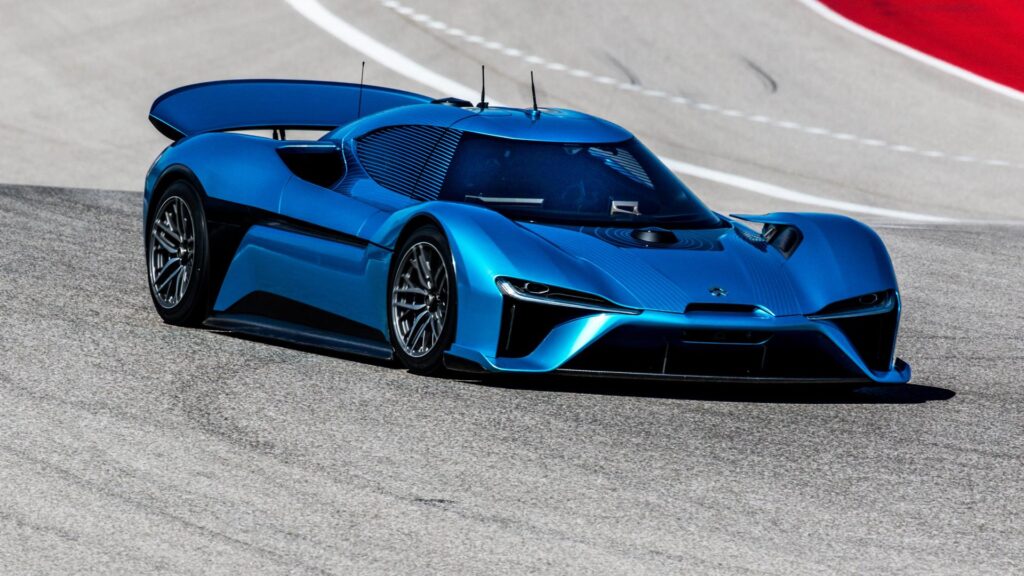
It delivered 21,879 vehicles between April and June, up from 10,331 units in the same period last year.

